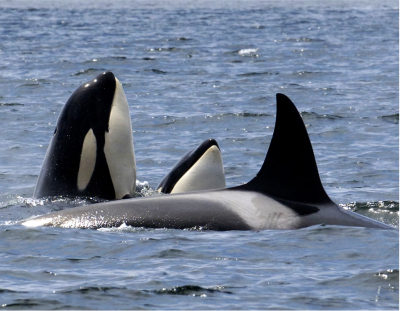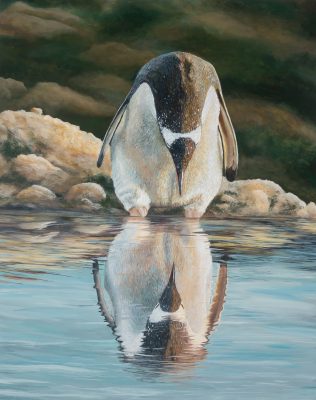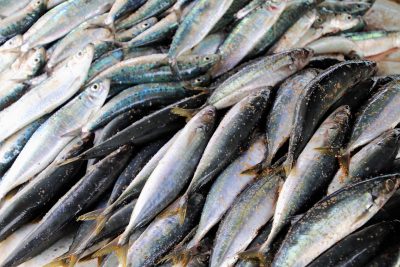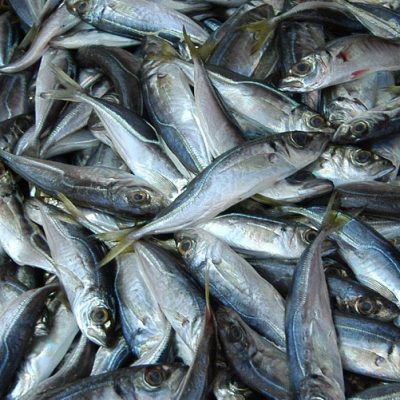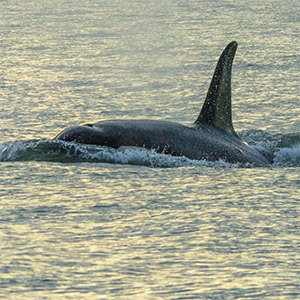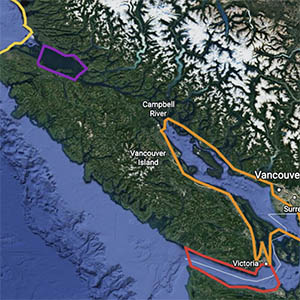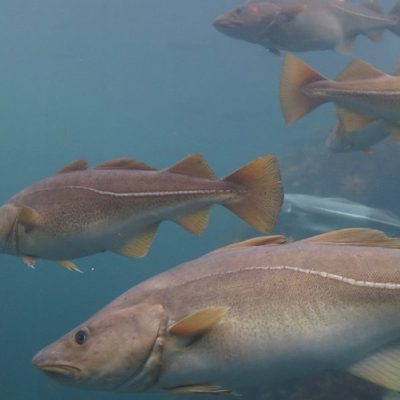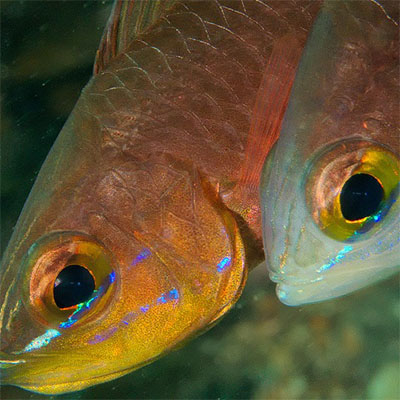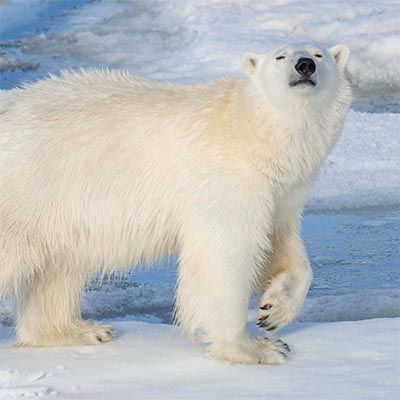Toxic chemicals found in oil spills and wildfire smoke detected in killer whales
Toxic chemicals produced from oil emissions and wildfire smoke have been found in muscle and liver samples from Southern Resident killer whales and Bigg’s killer whales.
Diving, snacking, laying eggs! What do different hemoglobin levels mean for gentoo penguins?
Gentoo penguins have to food forage before laying eggs. The amount of hemoglobin in their blood may increase diving capacities. Increased diving may mean more tiny penguin chicks.
Climate change will have an adverse impact on trophic amplification in marine food webs
Climate-driven changes in ocean environmental conditions — ocean warming, deoxygenation and acidification — are projected to affect the physiological functions of marine organisms, their geographic distributions, biological life cycles and total biomass.
Keep growing – Fish’s growth is not reduced by spawning
Contrary to what is stated in biology textbooks, the growth of fish doesn’t slow down when and because they start spawning. In fact, their growth accelerates after they reproduce, according to a new article published in Science.
Food quality matters for southern resident killer whales, UBC study states
If southern resident killer whales ate just low-lipid salmon, they would have to eat around 80,000 more Chinook salmon every year than if they just ate high-lipid salmon.
Kx Spotlight – Collaboration, the key to fighting climate change
With partnerships spanning across disciplines, sectors and borders, and with academics and non-academics (including Indigenous communities, NGOs, policy makers, businesses and media) collaboration is at the centre of their work.
Expect shorter food chains in more productive coastal ecosystems
“We provided evidence for bottom-up omnivory in nutrient-rich temperate pelagic ecosystems, where food chain length is determined by the level of diatom production,” said Jacob Lerner. “This is very different from the global model for pelagic ecosystems.”
New model helps predict climate change-induced early spawning by fish
Fisheries managers and researchers may now predict how early fish will spawn in response to warming waters due to climate change, both in the oceans and in freshwaters.
Data confirm link between respiratory stress and fish reproduction
A consistent metabolic ratio found across 133 Chinese marine and freshwater fish species provides new evidence in support of the idea that fish become sexually active – and spawn for the first time – in response to growth-induced respiratory stress.
Ecologists and mental health researchers unite to improve patient care, save wild animals using Fitbit-like devices
Narwhals, sharks, and polar bears can help medical professionals improve care for patients with mental health struggles – and patients with conditions such as depression and bipolar disorder can offer insights that will help the conservation of many wild animals.
